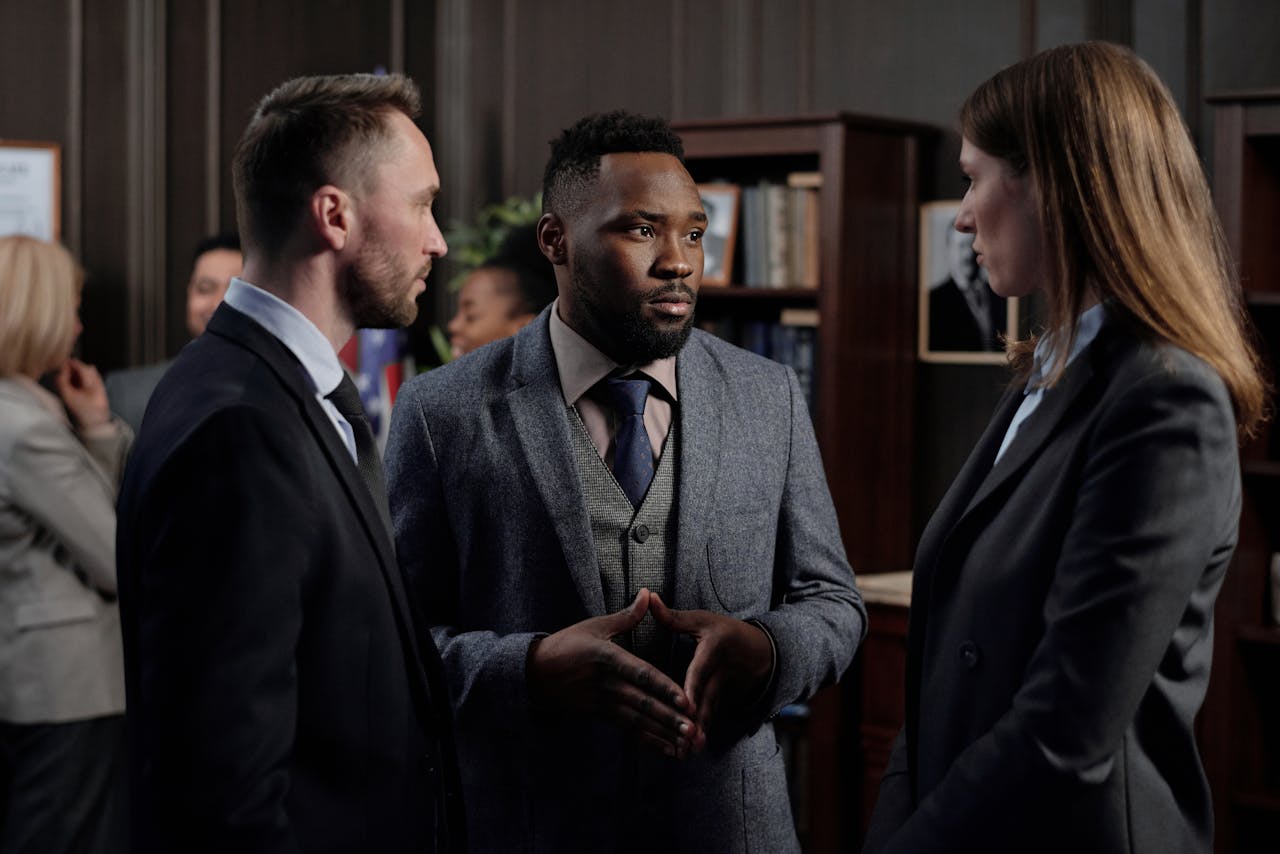Behind-the-Scenes of Politics: Insights from Campaign Managers, Advisors, and Insiders
Politics is often portrayed as a high-stakes game played on a grand stage, filled with dramatic speeches and intense debates. However, the real action often happens behind the scenes, where campaign managers, advisors, and political insiders work tirelessly to shape strategies, build coalitions, and influence outcomes. Let’s dive into this fascinating world and uncover what goes on behind the curtain in political campaigns.

The Campaign Manager: The Architect of Strategy
Role and Responsibilities
At the helm of any political campaign is the campaign manager. This person is the chief strategist, responsible for overseeing the entire operation. From setting the campaign’s vision to managing day-to-day operations, the campaign manager wears many hats.
Strategic Planning
Campaign managers develop comprehensive plans that include fundraising strategies, voter outreach initiatives, and media engagement. They analyze polling data to identify key demographics and tailor messages that resonate with potential voters.
Crisis Management
In the unpredictable world of politics, crises are inevitable. Campaign managers must be adept at handling unexpected challenges, whether it's a scandal, a gaffe by the candidate, or shifts in public opinion. Quick thinking and decisive action are crucial to navigate these turbulent waters.
Political Advisors: The Trusted Counsel
Types of Advisors
Political advisors come in various forms—communications strategists, policy advisors, and political consultants. Each plays a vital role in shaping the candidate’s public persona and policy positions.
Crafting the Message
Communications strategists work to develop the candidate’s narrative, ensuring that messages are consistent and compelling across all platforms. They craft speeches, prepare the candidate for debates, and manage media relations to maximize positive coverage.
Policy Guidance
Policy advisors ensure that the candidate’s positions are well-informed and resonate with constituents. They conduct research, analyze current events, and help the candidate articulate their stances on key issues. Their expertise is essential in creating a credible and relatable political platform.
Fundraising: The Lifeblood of Campaigns
Building a Fundraising Strategy
Fundraising is critical for any political campaign, and the financial team plays a crucial role in this effort. They create strategies to engage donors, organize fundraising events, and utilize digital platforms to reach a broader audience.
Networking and Relationship Building
Campaign insiders often rely on established relationships to secure donations. They attend networking events, engage with influential supporters, and leverage connections to raise the necessary funds to sustain the campaign’s operations.
Compliance and Ethics
Navigating the complex regulations surrounding campaign finance is another critical task for insiders. Ensuring compliance with federal and state laws is essential to avoid legal pitfalls and maintain the campaign’s integrity.
Grassroots Organizing: Mobilizing Support
Building a Ground Game
Grassroots organizing is key to engaging voters and mobilizing support. Campaign volunteers play a pivotal role in door-to-door canvassing, phone banking, and organizing events that energize the base.
Training and Empowerment
Campaign managers and coordinators often provide training for volunteers to equip them with the skills needed for effective outreach. This includes teaching them how to engage in meaningful conversations with potential voters and addressing their concerns.
Utilizing Data
Data analytics has transformed grassroots efforts. Campaigns now use sophisticated tools to identify potential supporters, track voter engagement, and optimize outreach strategies. This data-driven approach allows for more targeted and effective campaigning.
Media and Communications: Shaping Public Perception
Navigating the Media Landscape
In the age of 24-hour news cycles and social media, managing media relations is more crucial than ever. Communication teams must be proactive in shaping narratives and responding to breaking news.
Social Media Strategy
Campaigns leverage social media to engage directly with voters, share updates, and counter misinformation. Crafting a compelling online presence is essential to reach younger demographics and mobilize support.
Preparing for Debates
Debates are critical moments in any campaign, and extensive preparation is key. Advisors conduct mock debates, coach candidates on effective communication techniques, and help them anticipate opponents' arguments.

The Voter Experience: Engaging and Listening
Understanding Voter Concerns
Campaign insiders emphasize the importance of listening to constituents. Conducting town halls, focus groups, and surveys allows campaigns to gauge public sentiment and adjust strategies accordingly.
Creating Authentic Connections
Building authentic relationships with voters is crucial. Campaign teams often encourage candidates to share personal stories and experiences, making them relatable and fostering a sense of connection.
Conclusion
The world of political campaigns is intricate and multifaceted, driven by a dedicated team of professionals working behind the scenes. From campaign managers to grassroots organizers, each role is vital in shaping the candidate’s narrative and engaging voters. Understanding these dynamics provides a deeper appreciation for the complexities of modern politics and the efforts that go into influencing public opinion and securing electoral success. As elections continue to evolve, the behind-the-scenes efforts will remain crucial in the quest for political power.





























